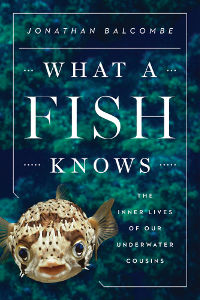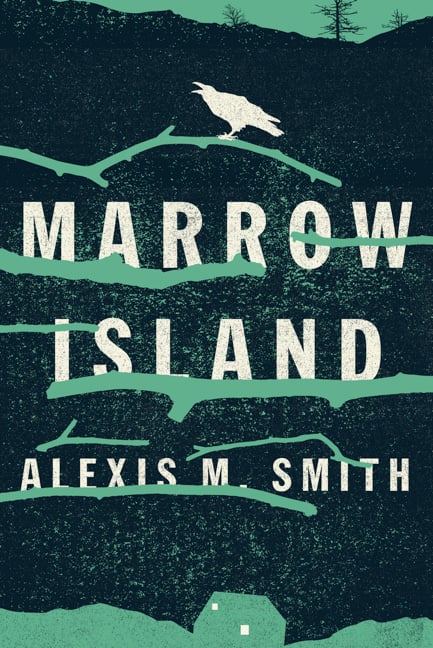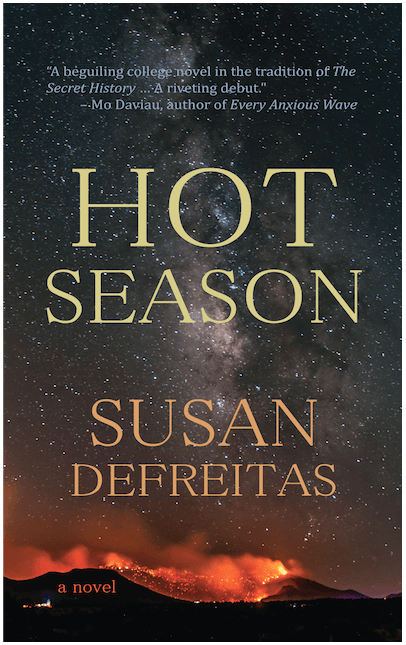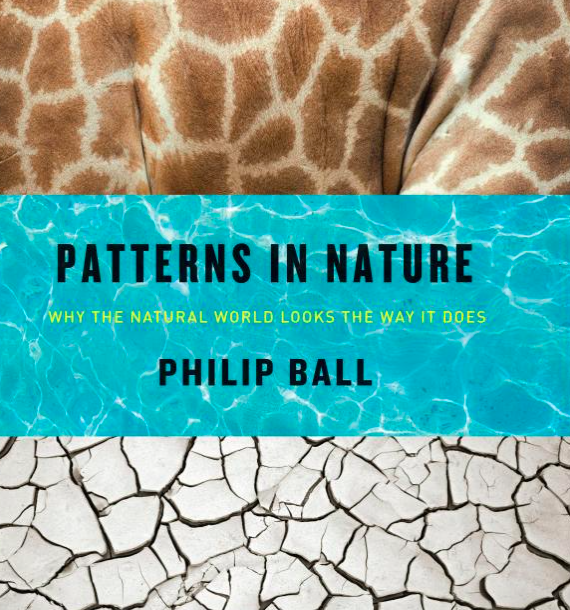Book Review: What a Fish Knows by Jonathan Balcombe
It’s difficult to think of another title that is more important to the oceans—and therefore to the earth’s entire ecosystem—than What a Fish Knows: The Inner Lives of Our Underwater Cousins by Jonathan Balcombe. Not only does Balcombe introduce us to the fascinating, complex lives of these sentient creatures, he shows us how devastatingly we …












